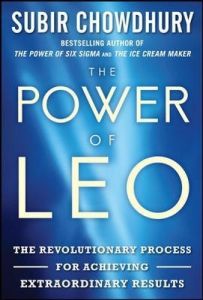
The Power of LEO
The Revolutionary Process for Achieving Extraordinary Results
Recommendation
Management consultant Subir Chowdhury details how an organization can employ the simple but appealing LEO process – “Listen, Enrich, Optimize” – to make continuous quality improvement the most important element of its culture and to enhance its performance. He provides numerous instructive case histories in which large and small companies deploy LEO tactics and strategies to deliver maximum quality improvement. As quality-program books go, this manual seems clearer than most and potentially more useful. It sets up three basic management concepts: LEO itself; the “four cornerstones” of responsibility, ability, respect and quality; and the “fire-flow-future” metaphor for handling problems that flare up, the pacing of normal business and the long-range view. The rest, as always, is execution. getAbstract recommends Chowdhury’s informative manual to managers seeking an accessible way to pursue quality.
Summary
About the Author
Subir Chowdhury is chairman and CEO of ASI Consulting Group and the author of several books, including the bestseller The Power of Six Sigma.


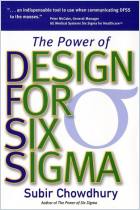
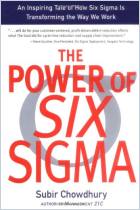
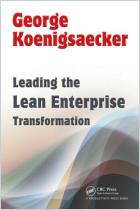
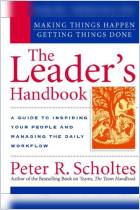
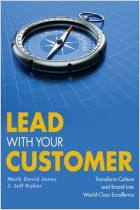

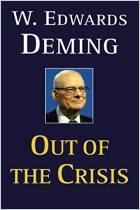
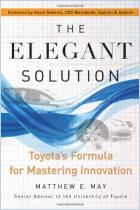





Comment on this summary